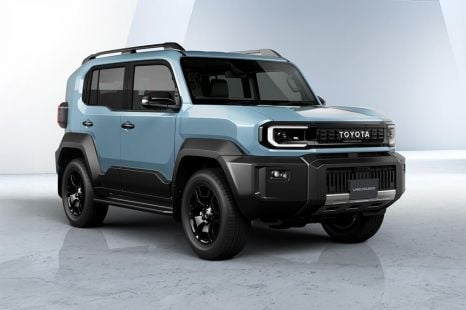

William Stopford
The cars revealed in 2025 we wish would come to Australia
13 Hours Ago
It may be a while before Nikola founder Trevor Milton struts on stage again after he was found guilty on three charges of fraud.

Journalist
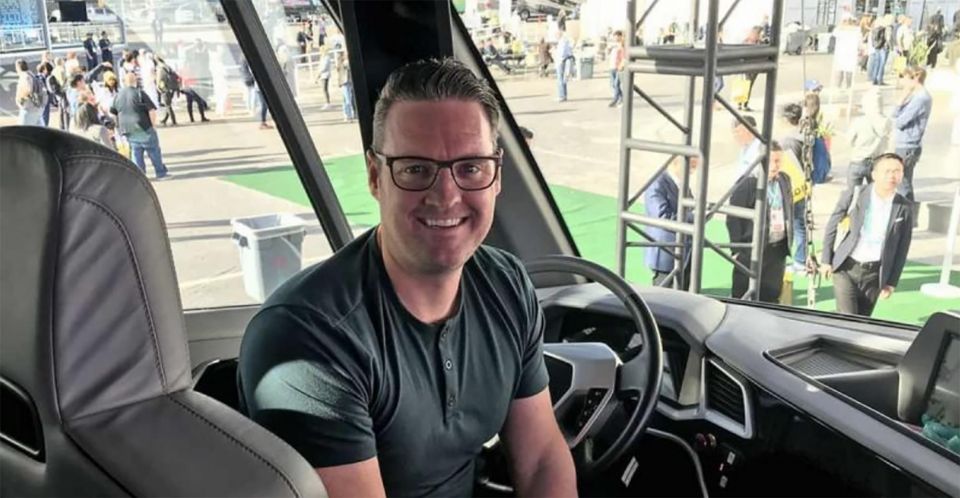

Journalist
Just years after convincing General Motors to take a stake in his firm, and building his electric pickup truck, Nikola founder Trevor Milton is now facing significant time behind bars.
At the end of last week Milton was found guilty by a jury on one charge of securities fraud, and two counts of wire fraud. Milton was acquitted on a second securities fraud charge.
He is said to have lied about Nikola’s level of electric vehicle and hydrogen fuel cell technology knowledge in his bid to find new investors and, later, improve the company’s share price.
Each charge carries a maximum potential sentence of 20 to 25 years, meaning the 40-year old could spend the rest of his life behind bars if the sentences are to be served consecutively.
Milton will be sentenced on January 27, 2023.
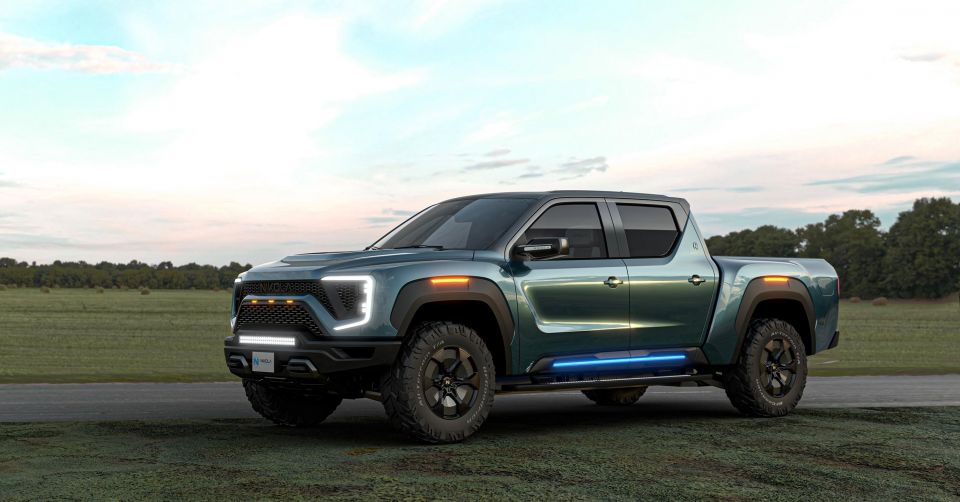
On the steps of the federal court in New York City, Milton told the media, including Bloomberg, “I did nothing wrong” and vowed “to keep fighting”.
In a statement on Twitter after the verdict, US Attorney Damian Williams said: “Trevor Milton lied to Nikola’s investors — over and over and over again. That’s fraud, plain and simple, and this Office has no patience for it.”
During the month-long trial federal prosecutors successfully argued Milton enticed investors to the company by knowingly making false claims in tweets, interviews and at events about Nikola’s EV and hydrogen fuel cell technology, as well as its capability to make EV and hydrogen-powered cars and trucks.
He and the firm at one point claimed it had invented a cost-efficient method of producing hydrogen.
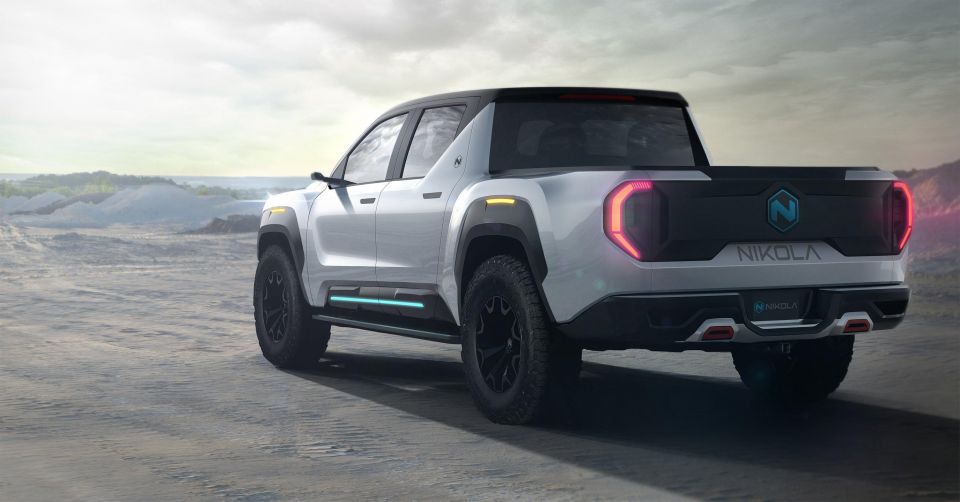
Prosecutors called a number of witnesses to the stand, including an engineering contractor, vehicle designer, the company’s former CEO, and former chief financial officer.
They confirmed Milton presented a truck that had neither the natural gas turbine nor hydrogen fuel cell it was said to have, and the company’s Badger ute was actually a reworked Ford F-150 Raptor rather than an in-house designed electric pickup.
Milton’s legal team countered the case was a “prosecution by distortion”. It also argued Milton never meant to deceive investors, nor were his statements significant enough to influence the actions of these investors.
Founded in 2015 by Milton, in 2016 the company revealed the One hydrogen fuel cell truck, which Milton claimed was a fully working prototype vehicle.
Prosecutors said the One was “wholly missing significant parts, including gears and motors, and the control system … was incomplete”. The One was reportedly towed on stage the night before its unveiling event, and powered by an external battery.
Additionally it had an air line fitted as there was a slow leak from its air suspension system.
The interior was incomplete so tablet computers were used for the vehicle’s various screens with mocked up “speedometers, maps, and other information”.
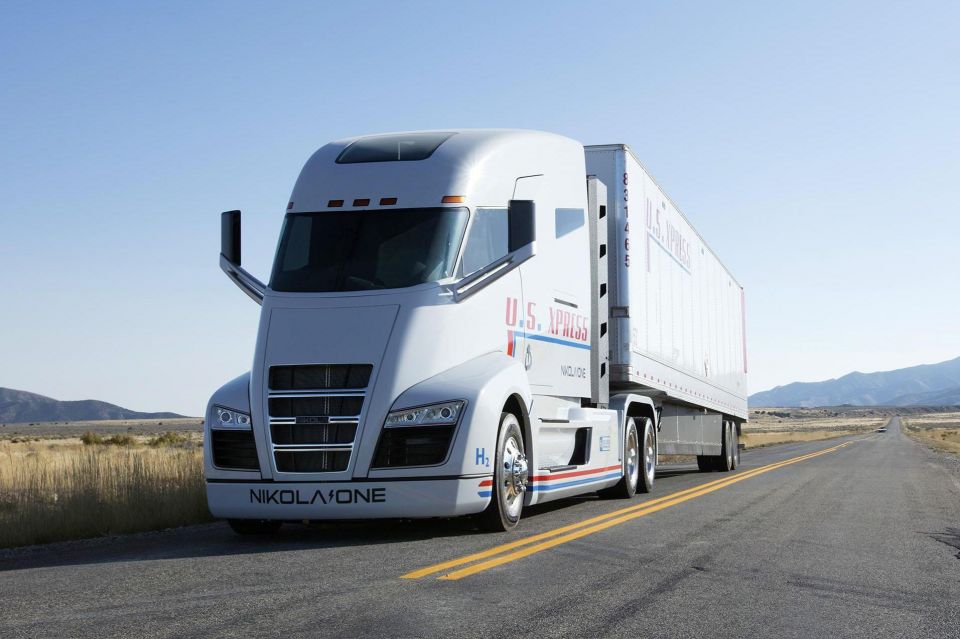
A demonstration video showing the One in motion was allegedly created by letting a prototype roll down a hill. Tape was used to hold the door in place to “prevent it from falling off” during the shoot.
After the event, Milton reportedly pulled the pin on the truck’s development.
By far the company’s most outstanding reveal was the Badger pickup truck in June 2020.
In the lead up to the launch, Milton claimed it had a “billion dollars of knowledge” gained from the company’s semi-truck program, and could “go 700 miles [1127km] in a real environment”.
He also promised the Badger would be a “fully functioning” vehicle, unlike the “pushers everyone puts out there as a fake vehicle to show everyone what they’re doing”.
The Badger vehicles displayed to the public and investors were actually built atop the Ford F-150 frame, and Milton directed engineers to “hide from the public that Ford donor vehicles were used to produce the prototypes”.
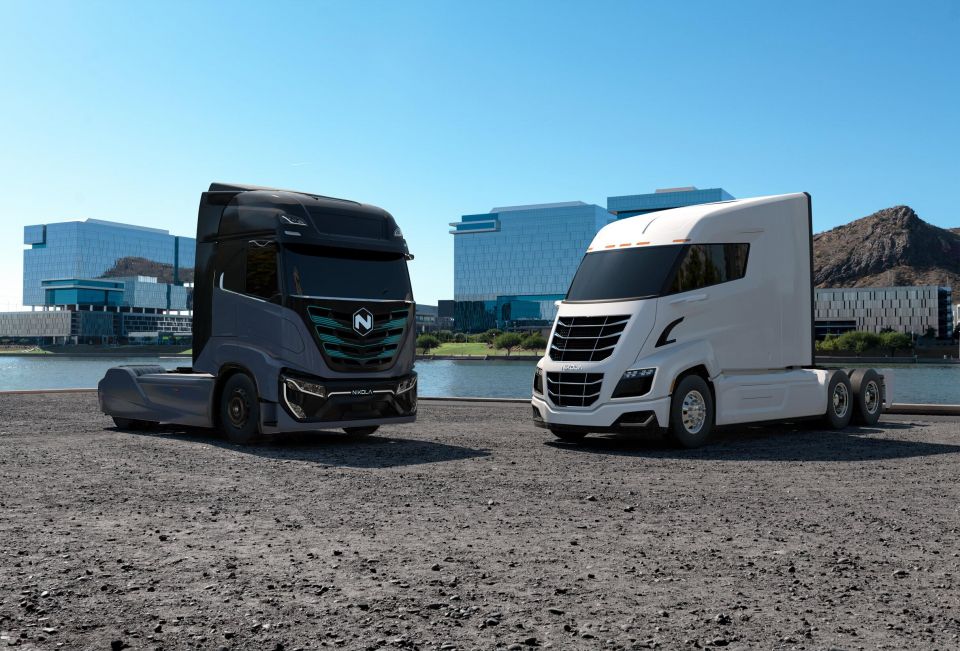
Around the time of the Badger’s unveiling, Nikola went public by merging with VectoIQ Acquisiton, a “blank cheque” firm or SPAC (special purpose acquisition company).
This method of going public was in vogue over the past few years. Indeed Volvo spinoff Polestar used this method to list on the NASDAQ stock exchange.
In a traditional listing, a firm needs to make filings with SEC laying out financial, business and, possibly, technical information, which can lead to litigation if false claims are made.
Using a SPAC, Milton wasn’t bound by “quiet period” rules, and continued to hype the company, and its share price, via social media.
In a related civil suit, these posts, prosecutors said, appealed to “investors who had no prior experience in the stock market and had begun trading during the COVID-19 pandemic to replace or supplement lost income or to occupy their time while in lockdown”.
Nikola settled a civil fraud suit brought by the Securities and Exchange Commission (SEC) in 2021 for US$174 million ($277 million).
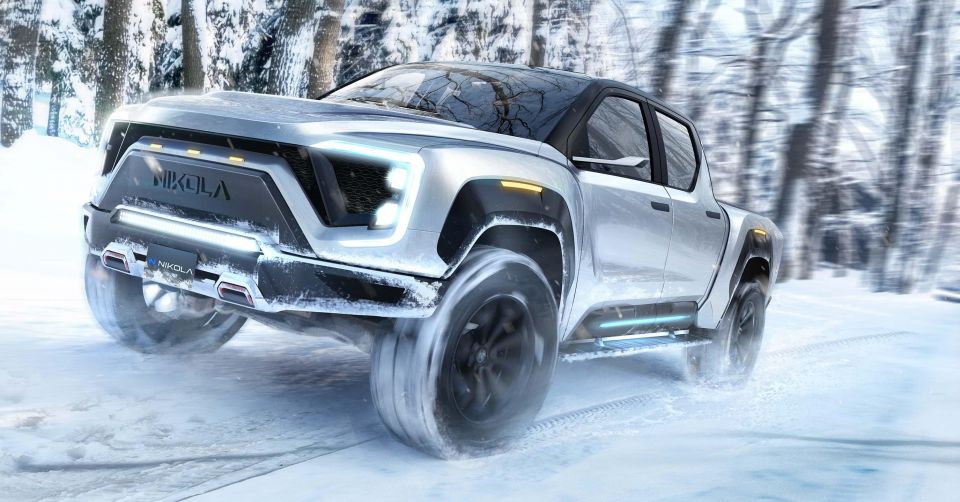
In September 2020, Nikola announced it was about to enter a partnership with GM, where the legacy automaker would take an equity stake in Nikola.
GM would also engineer and build the Badger using its own platform, and EV technology. Only the Badger’s styling would be attributable to Nikola.
Not long after the GM deal was announced, Hindenburg Research, an investment advisory firm which had shorted Nikola, published claims from a Nikola insider that the Nikola One wasn’t a working prototype.
Hindenburg also said Milton lied about the existence of a solar array on the company’s roof, its ability to make its own inverters, and having the technology to cut hydrogen production costs by around 80 per cent.
Milton soon “voluntarily” stepped down, and by December GM decided to largely walk away from the deal, leaving the Badger as a curious piece of vapourware.
At its height, Nikola was valued at around US$26.5 billion ($36 billion). Given Milton owned 25 per cent of the firm at that stage, he had on-paper assets worth over $6.6 billion ($9 billion).
Nikola’s valuation has since fallen to about US$1.3 billion ($2.0 billion). The company continues to work on hydrogen fuel cell trucks, and is currently led by Michael Lohscheller, formerly the CEO of Opel and then Vinfast.
Derek Fung would love to tell you about his multiple degrees, but he's too busy writing up some news right now. In his spare time Derek loves chasing automotive rabbits down the hole. Based in New York, New York, Derek loves to travel and is very much a window not an aisle person.


William Stopford
13 Hours Ago
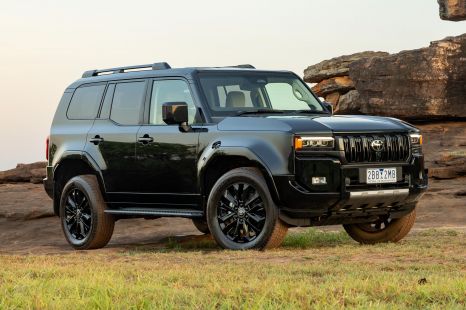

Josh Nevett
14 Hours Ago
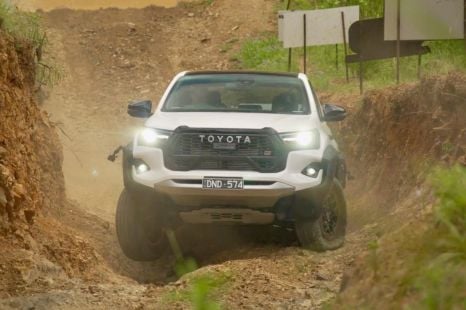

Ben Zachariah
1 Day Ago
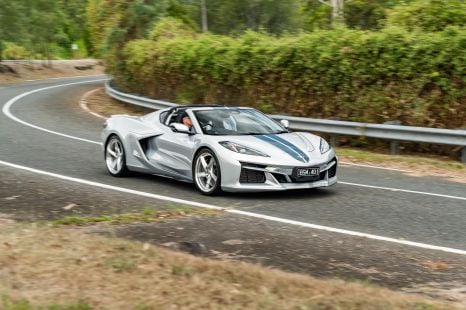

CarExpert.com.au
2 Days Ago
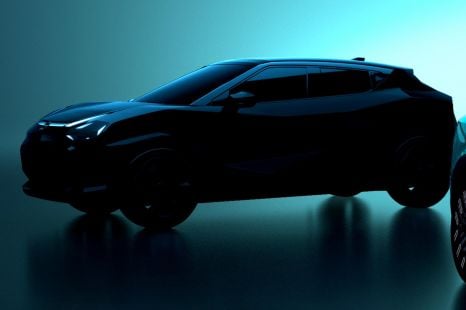

Damion Smy
2 Days Ago
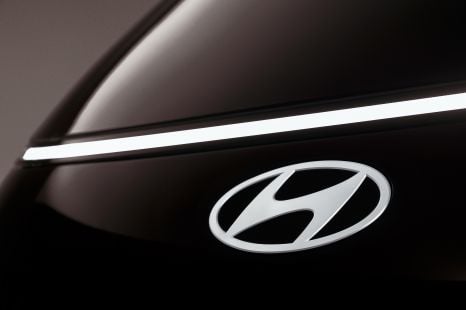

Damion Smy
2 Days Ago